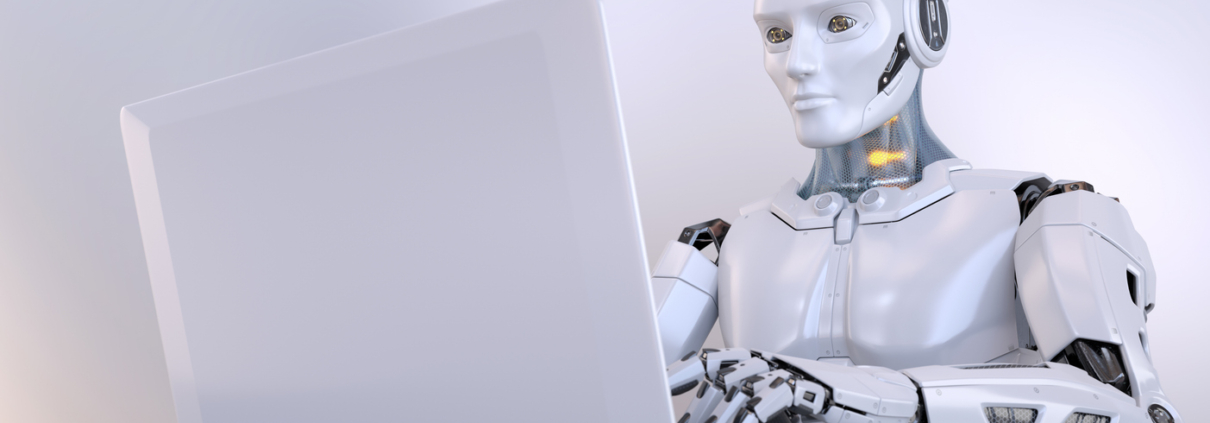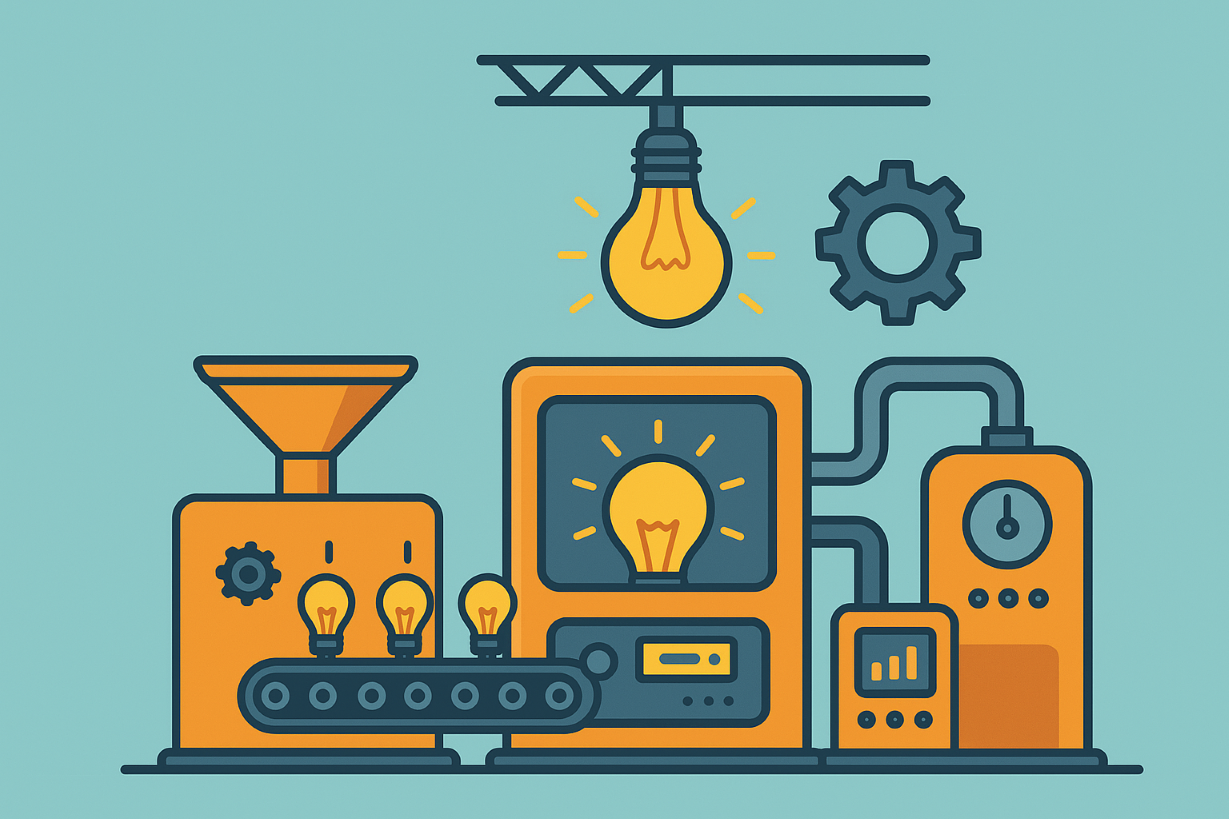Is Frictionless Coding IP Protectable?
When everyone can code, the playing field becomes simultaneously more accessible and more competitive (see Frictionless Coding and the Dawn of IP Factories). Traditional technical moats that once protected software companies are rapidly eroding. If you can build it and get to market quickly using AI tools, so can your competitors; good ideas can be both implemented and copied faster than ever before. When the implementation barrier disappears, the window between innovation and imitation shrinks dramatically. In this frictionless coding era, while everyone benefits from lower barriers to entry, competitive advantage comes from building legal moats around creative insights.
The winners in this new coding era won’t necessarily be the best programmers, the biggest companies, or even the best business operators. They’ll be the most creative thinkers who are savvy with AI coding tools, and can think strategically about protecting and monetizing their creativity. The entrepreneur who can code, has deep insight into e.g. healthcare, legal, financial or manufacturing workflows, understands user psychology, and/or has domain expertise to see inefficiencies others miss — will be the new kingmakers. And the right IP strategy ensures that a company’s entrepreneurial mission doesn’t turn into a game of AI-powered “King of the Hill.”
This isn’t limited to just user applications. Whether you’re working at the application layer, infrastructure level, cloud computing, or even lower-level system development, the same principles apply. Natural language-to-code translation is becoming sophisticated enough to work across all these domains.
Companies in this new coding era will move quickly to establish market position and legal protection through an IP strategy that draws moats around innovations, for example:
- Workflow innovations that create measurable efficiency gains
- Data structures, architectures and/or orchestration that enable unique insights
- Interface innovations that enhance user intubation and experience
- Forward-thinking approaches that anticipate future needs
The key insight is that these innovations can be described, documented, and legally protected even before they’re fully coded and implemented.
Can innovators that use AI coding tools obtain patent protection? Current patent laws in the United States, United Kingdom, European Union, and Germany do not recognize AI systems as inventors. For a patent application to be accepted, the inventor must be a human. This legal stance is reinforced by landmark cases such as Thaler v. Vidal in the U.S., as well as corresponding decisions in other major jurisdictions.
AI-assisted inventions are patentable if a human inventor has made material contributions to the conception of the invention. This means if a person uses AI as a tool to help develop an idea or solution, and actively contributes to the inventive process, the invention can qualify for patent protection. However, simply owning the AI system, overseeing its use does not qualify someone as an inventor. Active involvement and substantial creative input are required.
When the AI tool comes up with the work flow or new conception and/or implementation, these innovations may not be protectable. The analysis of these patentability questions using AI tools will require case by case determinations — to understand the human’s role and contributions to the innovation process used to come up with the invention.
Copyright law similarly requires human contributions to authorship. Works solely generated by AI tools without humans contributing substantially may not be protectable.
GenerativeIQ helps AI startups identify and build the blocking IP rights. With a unique multi-stage approach developed after years of experience obtaining IP rights and a critical understanding of marketplace developments, GenerativeIQ invests, advises, and protects.
By Bob Steinberg, Jacob Levine
Bob Steinberg is the Founder of Generative IQ® LLC, a venture fund that provides capital to early-stage IP rich AI start-ups. He has been protecting and litigating IP rights, working with technology entities and entrepreneurs navigating the IP landscape and monetizing blocking rights for over 30 years.
Jacob Levine is a J.D. Candidate 2027 at Harvard Law School where he serves as a Project Director for the Harvard Law Entrepreneurship Project. He graduated from American University in 2022 in the Global Scholars Program with dual degrees in Computer Science and International Studies. Jacob enjoys playing basketball and jazz music, woodworking, weight training, and reading. He loves to go on backpacking excursions with family and friends and attend concerts.


